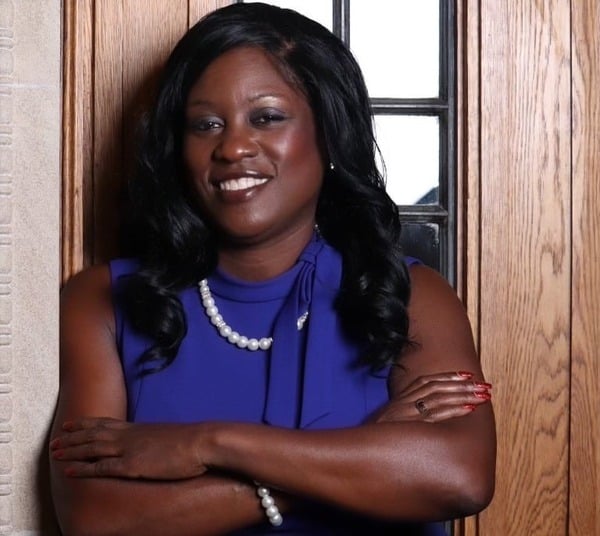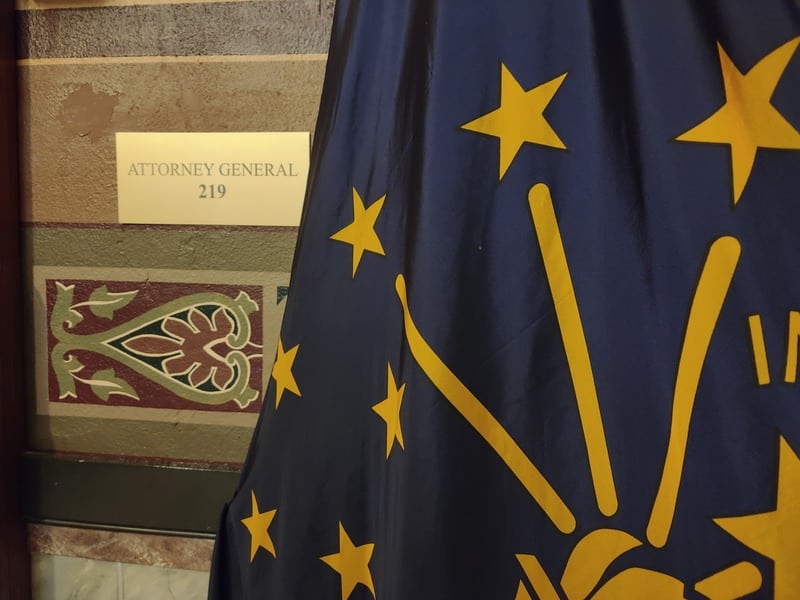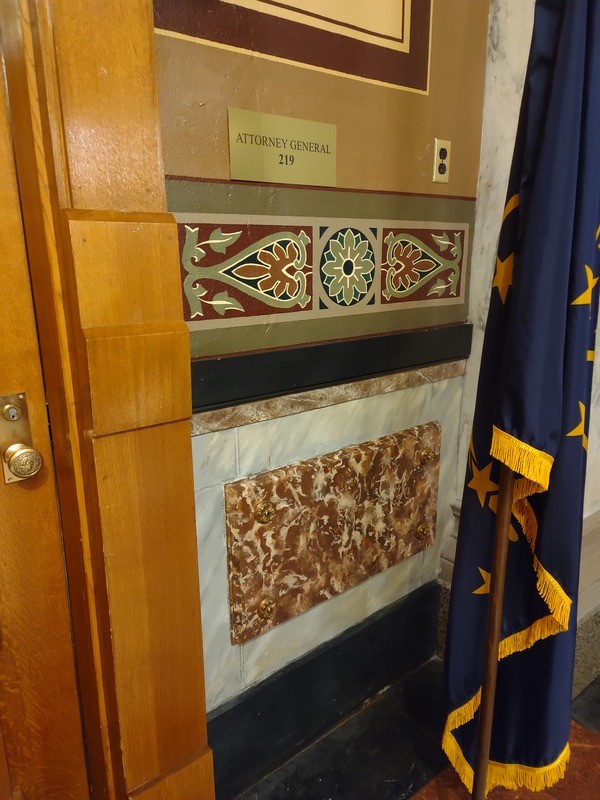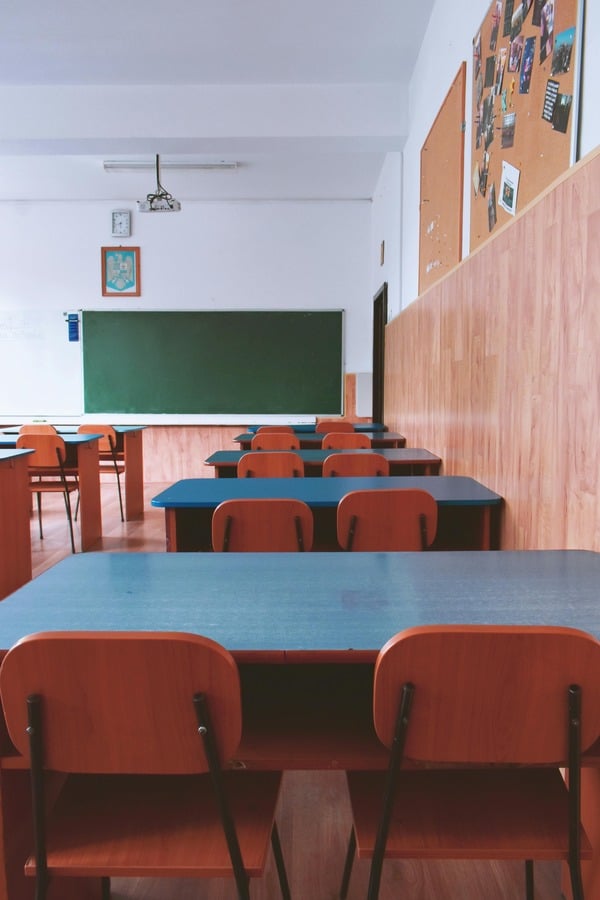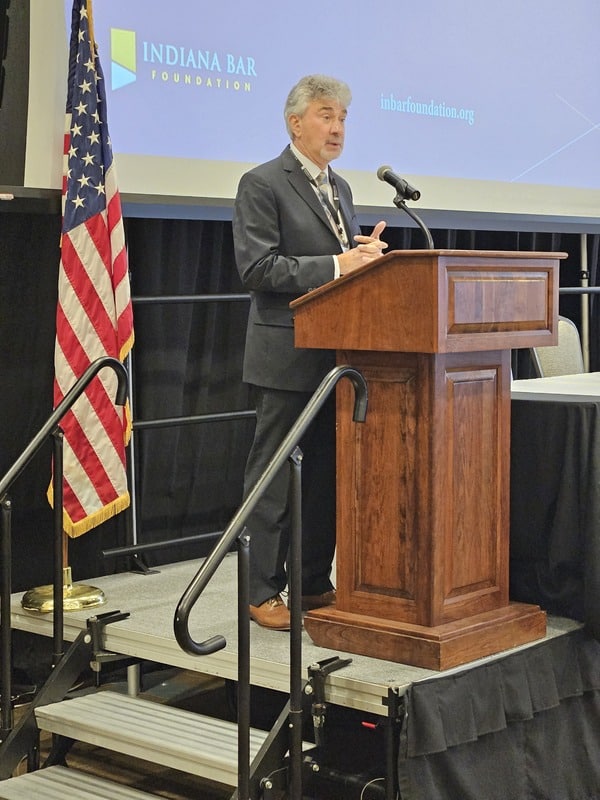Indiana University professors along with clinicians from Kentucky and Ohio conducted a survey of pregnant Hoosiers’ experiences when seeking abortions. The study, conducted from June 2021 to May 2022, “foreshadows worsening harms” as the Indiana General Assembly is expected to curtail abortion rights in a special session starting Monday.
The special session follows the overturning late last month of the nearly 50-year-old Roe v. Wade decision by the U.S. Supreme Court.
“And I don’t really hear anybody talking about how we’re going to support them after they’re born. Whether that’s through childcare coverage, making sure that people have enough food to eat, making sure that they have health insurance, making sure that they have safe neighborhoods to live in, and making sure that they have schools to go to housing that they can afford.”
The study included 428 abortion-seeking women. On average, study participants were 26-years-old—10% teenagers and the majority 25 or older. Most Hoosiers seeking abortions—65%—were already parents, while 34% had no children, 52% had one to three children and 13% had four or more children.
One significant finding showed that 83% of women who had an abortion said the cost affected their ability to pay rent and bills, buy food, or pay for child care.
“I had to spend my rent money to get an abortion and then, now, I’m still in rent debt and I’m probably going to get evicted all because of this [the abortion],” said an unidentified 24-year-old who participated in the study.
“We are not expanding access to food stamps, we are not creating more available public housing. We don’t even have enough spots for all the kids in Indiana that want to go to pre-kindergarten. These have been issues for years in Indiana,” said Wilkinson.
Democrats expressed concern about a post-Roe influx of children that the state is not ready for.
“If Indiana Republicans want to force women to have children, they damn well better be able to offer actual economic support and not just the lip service that we’re used to from them,” said Rep. Vanessa Summers, D-Indianapolis, in an editorial she wrote and distributed.
“In Indiana, there are roughly 26,900 children living in foster care, far outnumbering the people actively looking to adopt a child. We rank second in the Midwest for the number of children living in foster care. It is absurd to think that, if abortion is banned in Indiana, that the number of children being put up for adoption and into foster care won’t drastically increase.
Meanwhile, Gov. Eric Holcomb and other Republicans have made clear their commitment to some form of an abortion ban in the state.
“We are very lucky to border the state of Illinois. But I tell people, do not get comfortable with the fact that Illinois will have access because it is quite possible that they will also lose it with federal legislation,” said Wilkinson.
“And then what we’re going to be talking about is hoping that people have a passport to cross the border. And if you think that somebody in Indiana getting into, like, Illinois was hard, well, think about me trying to tell them to get to Canada or Mexico. That’s what we should anticipate.”

